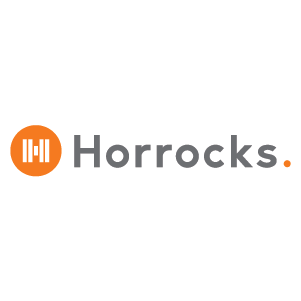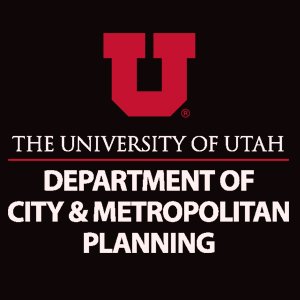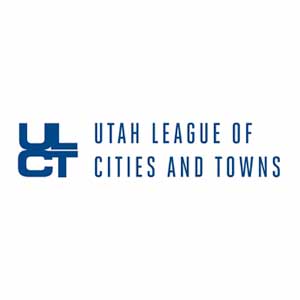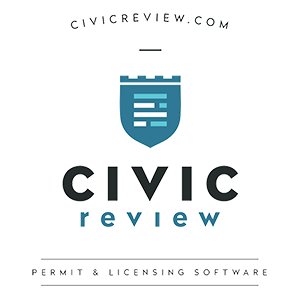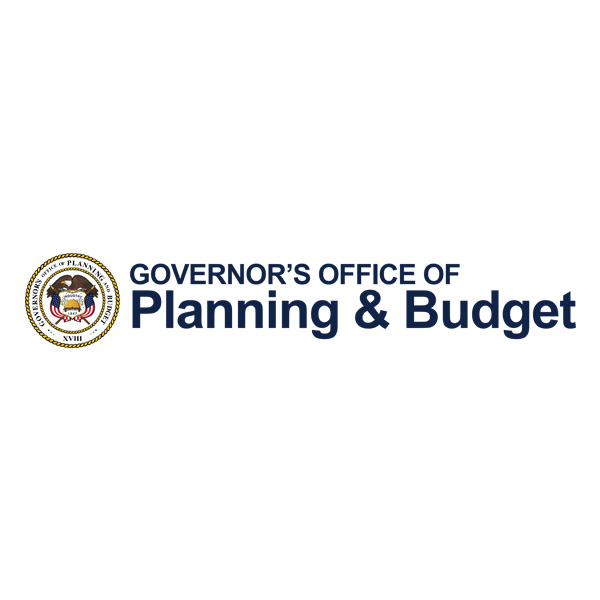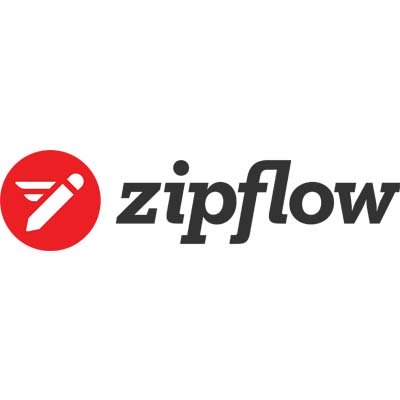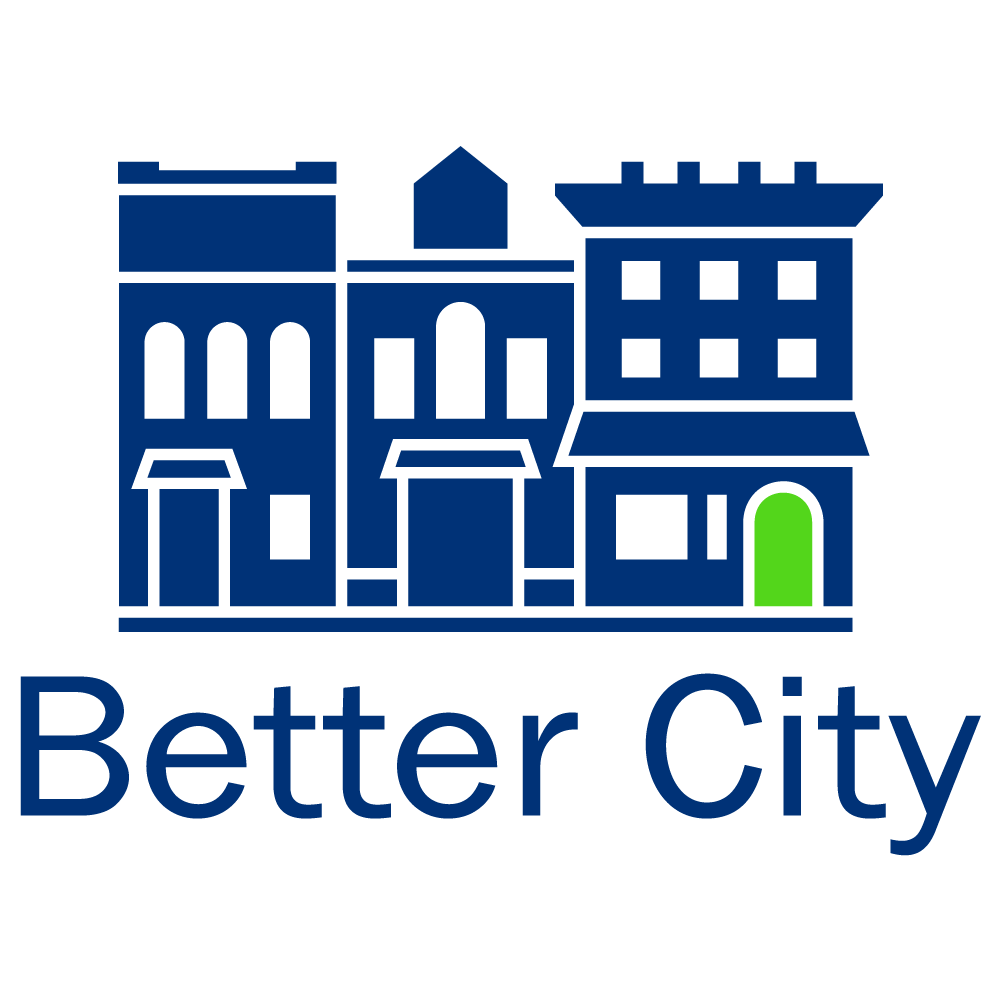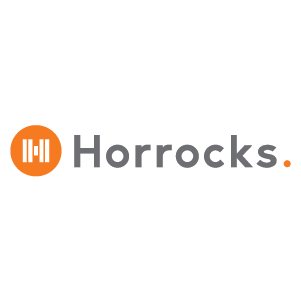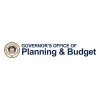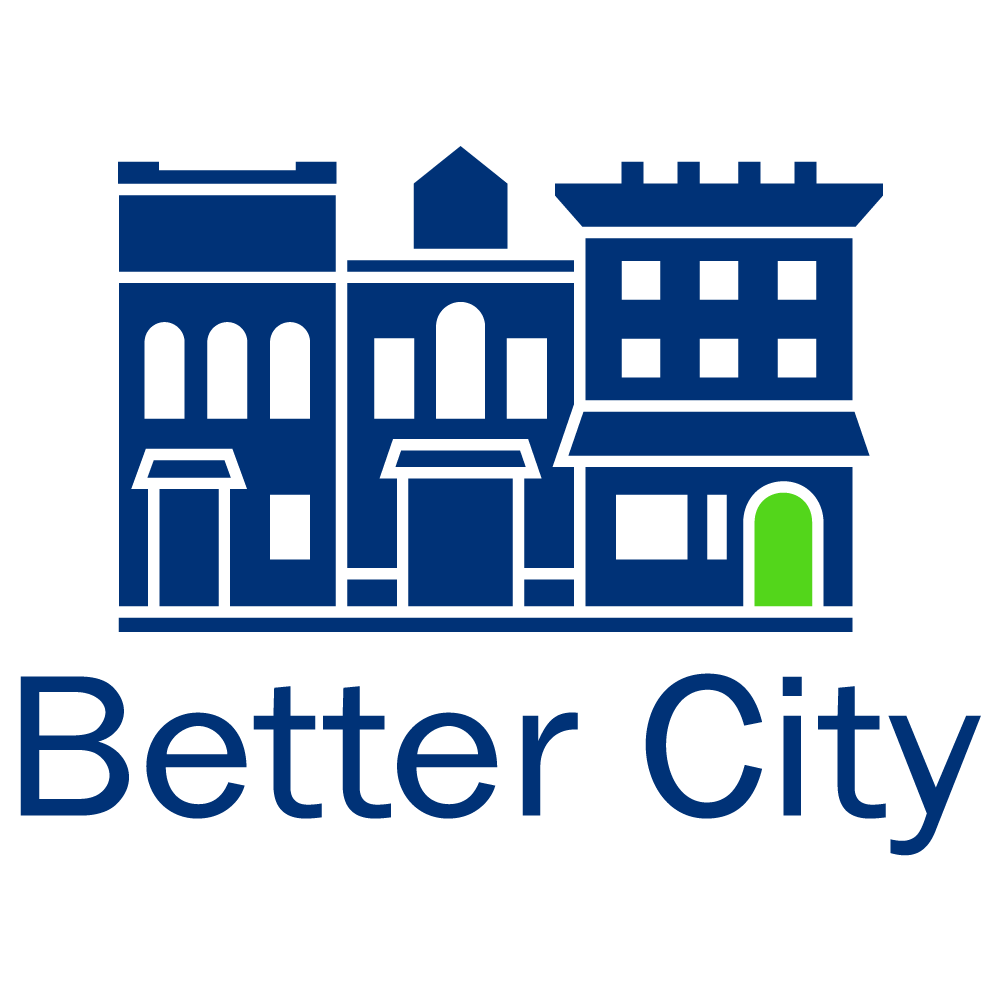Gov. Cox wants 35,000 starter homes built within the next 5 years. Here’s how he wants to do it
December 16, 2023 by Nicole Masson
Policy/Legislative
Utah Gov. Spencer Cox revealed an ambitious plan to address housing affordability and build healthy families in the state as he unveiled his annual budget recommendations Tuesday.
Standing against the backdrop of a master-planned neighborhood in West Haven, Cox, joined by Lt. Gov. Deidre Henderson and Planning and Budget Director Sophia DiCaro, presented a proposal for the state to build 35,000 starter homes by 2028, catalyzed by what Cox calls the Utah First Homes program.
This initiative would seek to ease Utah’s housing crisis and forms the core of Cox’s budget recommendation for fiscal year 2025, which is titled “Utah Home.”
“The fact is, the single greatest threat to our future prosperity, the American dream and our strong communities is the price of housing,” Cox told the crowd of several dozen community leaders and homebuilders. “Our kids will never be able to call Utah home if we don’t start building starter homes again.”
The operating capital budget presented by Cox totals $29.5 billion and is without the surplus of past years. Its contents focus on three areas — people, growth and good governance, the governor said, and hits familiar topics in education, water use related to growth, and infrastructure.
While an exact copy of Cox’s budget is unlikely to become law, he hopes it will provide direction and motivation for the state lawmakers that ultimately have the power to decide how the government uses its funds.
“Building an additional 35,000 homes in the next five years is ambitious but the investments and incentives in the Utah First Homes program make this entirely doable,” Cox said. “Utah First Homes will correct a market failure in the housing space and create new opportunities leading to home ownership for our kids and grandkids.”
Cox’s housing proposal would allocate $150 million to five areas of investment, including an additional $50 million for the First-time Homebuyer Assistance Program launched last year that subsidizes the purchase of newly built starter homes.
Another $75 million would go toward a state infrastructure bank that would provide low-interest loans for the construction of public water, sewer and roadway infrastructure to support housing on the state’s nearly 200,000 latent lots.
The Utah First Homes portion of the budget also recommends a state-funded boost to Utah’s rural “sweat equity” programs directed by the U.S. Department of Agriculture. The programs allow prospective homeowners to volunteer their labor to help construct their homes in exchange for lower monthly payments. Cox proposes an additional $5 million for the rural sweat equity programs and $10 million to expand it to urban areas as well.
The remaining two housing recommendations are $5 million for statewide implementation of community land trusts, which decrease home prices by allowing full ownership of the building with a small monthly lease for the land, and another $5 million for a starter home innovation fund to incentivize the development of design and permitting solutions to Utah’s affordable housing shortage.
Gov. Cox’s new housing innovation adviser
Cox said he recognizes his vision for housing in the state will require a coordinated push from city and county governments as well as buy-in from the homebuilding industry, and Utah’s Legislature.
That’s why Cox’s housing initiative will be paired with the creation of a new position within his office, that of housing innovation adviser — a full-time state employee tasked with engaging stakeholders on all sides to advance a comprehensive housing strategy for Utah. It’s a similar strategy to the state’s effort to help the homeless population by having a state director coordinate between the state and cities. A proposal for additional money for those programs was released Monday.
Cox reached out to both the Utah League of Cities and Towns and homebuilders for a list of preferred candidates for the job. Only one name appeared from both camps, he said: former state Rep. Steve Waldrip.
“His role will be to facilitate the development of a statewide strategic housing plan to guide policymaking to make sure every Utahn can continue to call Utah home,” Cox said during the press conference.
These new duties begin Tuesday for Waldrip, who made affordable housing a priority during his two terms as a state lawmaker from 2019 to 2023 and is a partner with the Rocky Mountain Homes Fund, a first-of-its-kind nonprofit that puts lower income families on a path to home ownership.
“Homeownership is the key to the American dream,” Cox said during his meeting with the Deseret News. “It’s the key to future prosperity, it’s the key to social capital, to giving back to our communities, to involvement, to feeling like you have a stake in what is happening in your community.”
Cox said he worries if state leaders aren’t intentional about preserving what makes the state a welcoming place for families, it will quickly cease to be so for the next generation. Add to that the near certainty now of a return of the Olympics to Utah in 10 years and there’s a sense of urgency to invest in the future, plan for growth and ensure responsive governance.
Cox’s budget outlook for 2025
Unlike past years, Utah’s executive and legislative leaders will not be able to count on a budget surplus going into the appropriations season. The state’s forecasted revenue for last year’s budget actually fell short by roughly $130 million, according to numbers made public in July.
This relatively minor budget shortfall won’t pose a problem because of funds set aside for that purpose but it does point toward a less “robust” budget situation for 2025 and beyond, Cox said, explaining that a decline in revenue was anticipated following three years of historic tax cuts and the end of pandemic aid.
However, Cox, who has campaigned heavily on the more than $1 billion in tax cuts he has signed into law since entering office, said no new tax increases are on the menu.
Instead, Cox said Utahns will have the opportunity to vote on a referendum next year to to eliminate the state’s $200 million food tax. He also pointed to a small tax cut he proposed in the form of an expanded child tax credit that includes children ages 4 and 5.
“Strengthening our families is at the heart of everything we do in our administration,” Cox said at the Tuesday press conference.
This focus is reflected throughout Cox’s budget recommendations:
- $68 million in investments for child care and safety nets for youth and new parents.
- $9 million in resources to support victims of domestic abuse and provide prevention education.
- Additional funding for ongoing legal and implementation efforts to regulate how minors can access social media apps.
The budget recommendation also sets aside $855 million for public education, half of which is new revenue, allocated to support rural students, raise pay for student teachers, increase the amount of money distributed to schools per student and strengthen security measures at schools.
Another key issue, according to Cox, is homelessness in the state. He addressed the topic in a separate press conference on Monday, where he introduced a $186 million plan that would:
- Expand transitional housing options.
- Increase sanctioned shelter space.
- Grow the number of state hospital beds.
- Reform the state’s civil commitment and psychological licensure laws.
After a focus on water management dominated past legislative sessions, particularly as it pertains to the Great Salt Lake, Cox’s proposal for fiscal year 2025 includes a comparatively modest recommendation of $81 million to improve the state’s watershed management, including $28 million for Great Salt Lake preservation efforts and $25 million to upgrade Utah’s aqueducts and dams.
Recent News
- » Reflecting on the Highlights of Our Spring Conference in Cedar City, Uta
- » Save the Date for the 2024 APA UT Fall Conference in Provo, UT, October 10-11, 2024
- » Saratoga Springs planning for walkable, ‘heart of community’ downtown area
- » These are the 10 reasons Utahns can save the Great Salt Lake, a state official says
- » Experts say lack of condo-building comes down to risk, returns
- » APA UT- Call for Nominations



